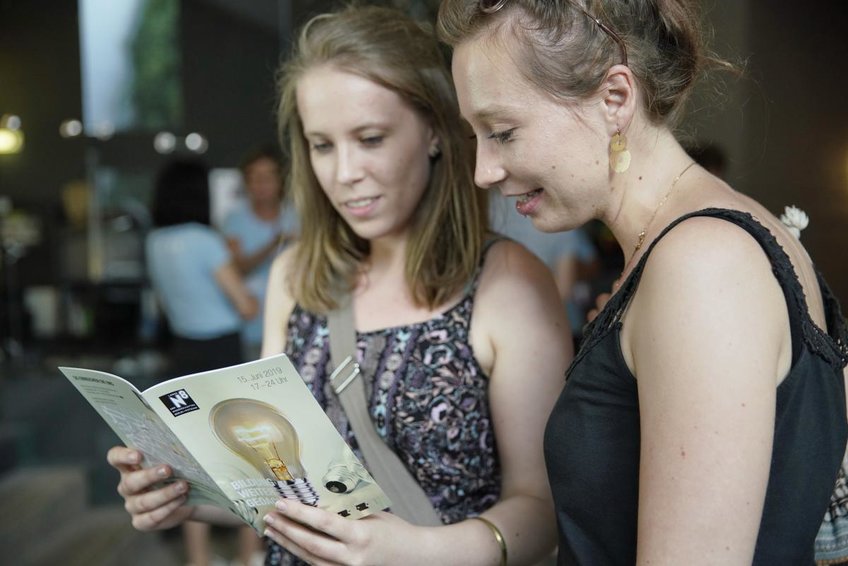Is love in Central Africa different from love in India? Can we compare shame in present-day Turkey to shame in ancient Sanskrit literature? How do the societies in which we live shape our most private and personal feelings? In this discussion round, we draw on our wide-ranging research findings to show how feelings are at once personal and private as well as cultural and historical. You’ll have the opportunity to ask questions, reflect on and understand
the power of emotions in our global(izing) world, tying together the body, culture, history, individual, society, and global politics.
Format: Discussion
Lecturers: Rukmini Barua, Stephanie Lämmert, Esra Sarıoğlu, Frederik Schröer
Research Center: History of Emotions
7.30 – 8.15 pm / Library, 1st floor

